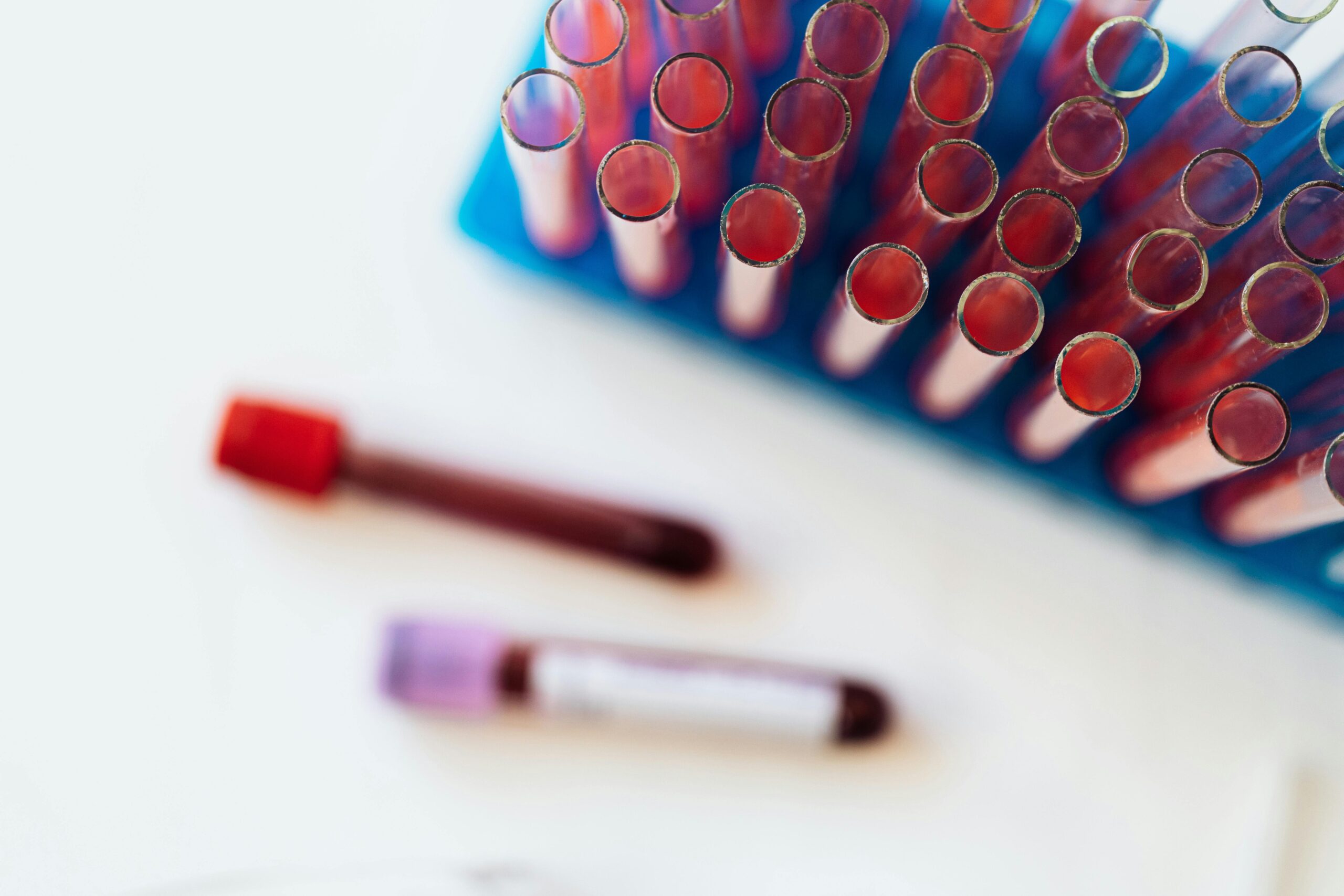
Blood, the very fluid which provides vitality to our organs, can also be the source of great discomfort. The age-old question, “Can you be a doctor if you are scared of blood?” is a common concern for premeds.
When you think of being a physician, the first image that comes to your mind may be influenced by a TV show. Maybe an ambulance brings in a trauma patient and the scene turns gory.
Next thing you know, you start to shudder.
As a medical school applicant who may find themselves nauseous at the very thought of blood, you may be wondering if this will hamper your future career plans in medicine. After all, you have a strong desire to help people and are fascinated with the medical sciences.
Fear not, you can still be a doctor if you are scared of blood and have a successful career!
I will offer a disclaimer that although blood doesn’t give me the heebie-jeebies, I can understand your sentiments and will put your worries to rest.
Physician Is an Umbrella Term
I recently watched Oppenheimer and found myself surprised that while the scientist excelled in theoretical physics, the experimental realm was not his strong suit. Similarly, just because you have a fear of blood, it does not preclude you from the job of an MD.
In medical school, I discovered that being a physician offers a world of specialties.
Further Reading
Both my roommates applied into diagnostic radiology. Think of dark rooms with huge screens and the ability to make life-saving diagnoses. They could very well choose to lead a career that never crosses paths with blood. On the other hand, they could have a practice including procedures with minimal blood involvement.
Now let’s take a look at one of my favorite third-year rotations: psychiatry. I consider this specialty to be like surgery on a person’s conscious. I often found myself trying to understand patients’ thought processes and how they react to various situations.
Can you guess how much blood I was exposed to during this rotation? Yup, you guessed it, ZERO!
In fact, this specialty even allows for frequent telehealth visits. Imagine delivering care directly to patients from the comfort of your own home with no blood in sight.
Even some of the hospital-based specialties have very limited blood exposure. I am currently in inpatient internal medicine as part of my fourth-year medical school curriculum and have yet to encounter any blood. Even subspecialties like cardiology and rheumatology could have little to no interface with blood.
The point is you can be a doctor if you are scared of blood. It does not prevent you from becoming an excellent physician. All you need is a passion to take care of those in need and an inquisitiveness to keep on learning.
Experience Might Change You
Part of your anxiety around blood may be rooted in the manner in which the media exposed you to it. I would argue that, most of the time, this is not true.
As I near the end of medical school, I can tell you that real-world hospitals are quite different from those on television. If the hospital ran like they do in shows, there would be a lot more lawsuits. But that might be a topic for another blog.
During the days leading up to the first surgery case I shadowed, I wondered how I would react to the new environment. It was a cardiac surgery case, known for getting a bit intense.
What I quickly came to appreciate while shadowing was how methodical and objective the process was. The draping techniques made the area of the chest appear like a work bench similar to working in a hood for cell culture work. Every maneuver made by the surgeon with the scalpel, electrocautery, and needle holder was as seamless as that of an orchestra conductor with a baton.
This precision left a lasting impression on me as I decided to pursue a future in surgery. You can certainly have the same experience.
It is possible that while the messy appearance of blood causes that squeamish sensation, the professional setting of the OR may change your feelings. So don’t necessarily rule out a career in surgery.
You may actually have a change of heart and find that you enjoy your surgical rotations.
Shadowing Tips if You’re Averse to Blood
If you have a chance to shadow in an OR during your premed journey and are nervous about it, I have a few pro tips for you.
- Eat something before the case starts. Going into such a foreign environment and seeing blood rise from the first incision on an empty stomach can definitely add to the discomfort.
- The nose does not know. Some of the smells in the OR will be like nothing you have experienced before. I remember seeing the smoke rise as the surgeon used electrocautery on a bleeding vessel and then smelling it a few seconds later. You could ask the OR staff if they have any scents for you to place on your mask before the case to help with this.
- Don’t be shy about taking care of yourself. Most importantly, if you feel you are about to faint or need a moment, there is nothing wrong with leaving the OR to collect yourself. Let the staff know that you need to step out and take as long as you need. Trust me, it is much better for both you and the patient on the table!
Reflections
I hope this blog post quelled your anxieties about becoming a physician if blood freaks you out. You can be a doctor if you are scared of blood! The fantastic phlebotomists in the hospital will allow you to interpret morning labs without having to see a single drop.
The practice of medicine has so much more breadth and depth than I could have ever imagined. Don’t let one aspect of it turn you away from the vast wonders of the field.
Neelesh is a Blueprint Med School tutor and an M4 currently applying for surgery residencies.
Don’t give up on your dreams if you are scared of blood; you can become a doctor, a surgeon, a radiologist, or follow any path you’ve set your eyes on! Blueprint Prep can help you every step of the way.
From representative full-length exams and a Self-Paced Course to live classes and private tutoring, we have the MCAT resources to reach your goal score.
Get started today for free by creating a Blueprint MCAT account to get access to our customizable Study Planner Tool, full-length practice exam, diagnostic exam, and a trial of our Self-Paced Course!
Search the Blog

Free Consultation
Interested in our Online MCAT Course, One-on-One MCAT Tutoring or Med admissions packages? Set up a free consultation with one of our experienced Senior Student Advisors.
Schedule NowPopular Posts
-
MCAT Blog What's on the MCAT?
-
MCAT Blog How to Review MCAT Full Lengths

Free MCAT Practice Account
Need great MCAT practice?Get the most representative MCAT practice possible when you sign up for our free MCAT Account, which includes a half-length diagnostic exam and one of our full-length MCAT practice exams.
Learn More







